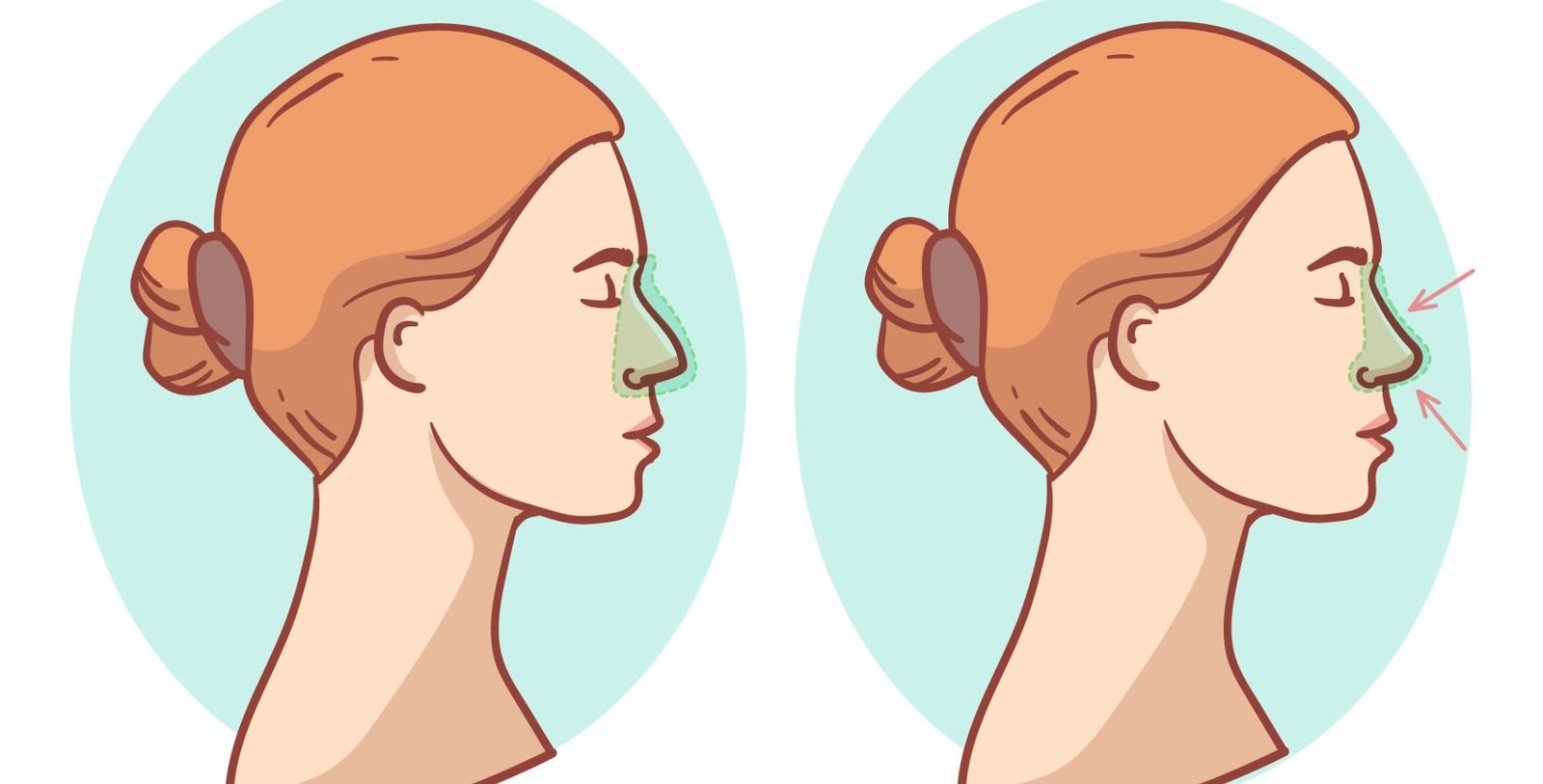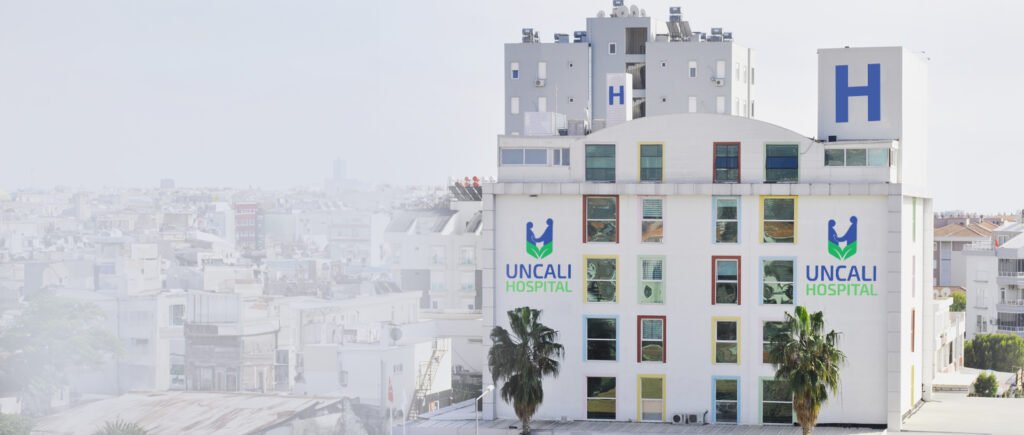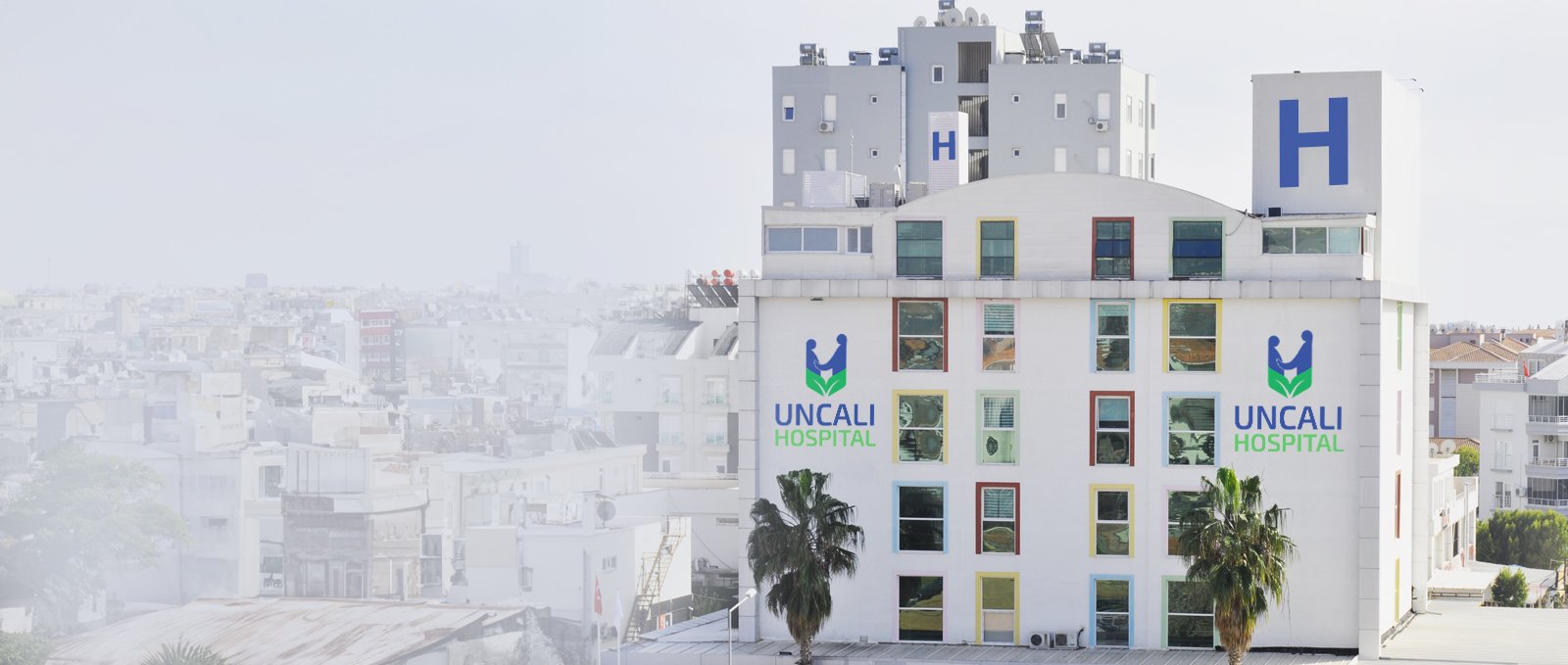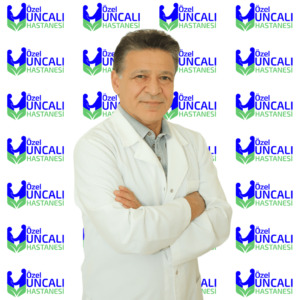Ethnic Rhinoplasty in Turkey: Celebrating Diversity in Nasal Surgery
Ethnic rhinoplasty is a specialized form of nose surgery that considers the unique facial features, skin types, and aesthetic goals of individuals from various ethnic backgrounds. Unlike traditional rhinoplasty, ethnic rhinoplasty aims to refine the nose while maintaining the patient’s natural ethnic characteristics, resulting in a balanced and harmonious look. Turkey, particularly known for its skilled surgeons and advanced medical facilities, has become a global destination for ethnic rhinoplasty. At Uncalı Hospital in Antalya, we offer personalized care from some of the best ethnic rhinoplasty surgeons in Turkey, helping patients achieve their desired results while preserving their cultural identity.
What is Ethnic Rhinoplasty?
Ethnic rhinoplasty is a type of nose surgery specifically tailored for individuals from different ethnic backgrounds, such as African, Asian, Middle Eastern, and Latin American descent. Unlike traditional rhinoplasty, which often focuses on creating a more standardized “Western” nose shape, ethnic rhinoplasty prioritizes the patient’s unique facial features, ensuring that the surgery enhances rather than alters their natural ethnic identity.
Patients often seek ethnic rhinoplasty in Turkey to address concerns such as:
- A wide or flat nasal bridge.
- A bulbous or round nasal tip.
- A lack of nasal projection or definition.
- Thick or highly elastic skin that affects healing and final results.
- Breathing difficulties related to the nasal structure.
One of the key goals of ethnic rhinoplasty is to create a nose that complements the patient’s facial features without erasing their cultural identity. This type of surgery requires an experienced surgeon who understands the anatomical differences and cultural considerations of various ethnicities. In ethnic rhinoplasty vs rhinoplasty, the focus on preserving ethnic identity makes the former more nuanced and personalized.
Who is Ethnic Rhinoplasty Suitable For?
Ethnic rhinoplasty is ideal for individuals from diverse ethnic backgrounds who are looking to improve the appearance or function of their nose while maintaining their natural ethnic features. This surgery is suitable for people who:
- Desire Cosmetic Improvements: Many individuals seek ethnic rhinoplasty to refine the shape of their nose, reduce its size, or add definition while maintaining a natural, harmonious appearance.
- Want to Correct Functional Issues: Some patients may also need to address functional issues, such as breathing difficulties caused by structural abnormalities like a deviated septum.
- Have Realistic Expectations: Candidates for ethnic rhinoplasty should have realistic expectations about the outcome of the surgery. The goal is to enhance the nose in a way that complements the patient’s overall facial structure rather than drastically changing their appearance.
During the initial consultation at Uncalı Hospital, our experienced surgeons will evaluate the patient’s nose and facial structure, discuss their aesthetic goals, and recommend the most suitable approach for their ethnic rhinoplasty.

How is Ethnic Rhinoplasty Performed?
The ethnic rhinoplasty process is similar to traditional rhinoplasty, but it often requires specialized techniques to address the unique challenges posed by different ethnic nasal structures. Here’s an overview of how the surgery is performed:
1. Pre-Surgery Consultation and Planning:
The process begins with a thorough consultation where the surgeon assesses the patient’s facial structure, skin thickness, and nasal anatomy. This consultation is crucial for planning the surgery, as it allows the surgeon to understand the patient’s ethnic background, goals, and expectations. Advanced imaging techniques may be used to provide a visual representation of the expected results.
2. Anesthesia:
On the day of the surgery, patients are placed under general anesthesia to ensure comfort throughout the procedure. For less complex surgeries, local anesthesia with sedation may be used.
3. Incisions and Reshaping:
The surgical technique used will depend on the specific concerns and goals of the patient. Open rhinoplasty is often preferred for ethnic rhinoplasty, as it provides the surgeon with better visibility and access to the nasal structure. In this approach, an incision is made along the columella (the tissue between the nostrils), allowing the surgeon to lift the nasal skin and reshape the underlying bone and cartilage.
For individuals with a wide or flat nasal bridge, cartilage grafting may be used to build up the bridge and add definition. Cartilage is often harvested from the patient’s septum, ear, or rib to create a natural-looking result.
Patients with a bulbous or wide nasal tip may require tip refinement, where the cartilage is reshaped or reduced to achieve a more defined tip. Special care is taken to ensure that these changes enhance the nose while preserving the patient’s ethnic identity.
4. Closing the Incisions:
Once the reshaping is complete, the incisions are carefully closed, and a splint is applied to the nose to protect it during the initial healing phase. Nasal packing may be used to support the internal structure and control bleeding.
Pre-Surgery Preparations
Before undergoing ethnic rhinoplasty in Turkey, patients are required to follow certain pre-surgery guidelines to ensure a smooth procedure and recovery:
- Medical Evaluation: A complete medical evaluation, including blood tests and imaging, is conducted to assess the patient’s health and ensure they are fit for surgery.
- Medication Adjustments: Patients may need to avoid certain medications, such as blood thinners, in the weeks leading up to surgery to minimize the risk of bleeding.
- Lifestyle Adjustments: Smoking and alcohol consumption should be avoided for at least two weeks before the surgery, as these habits can impair healing and increase the risk of complications.
Our team at Uncalı Hospital will provide personalized instructions to help patients prepare for their surgery and optimize their results.
Post-Surgery Care and Recovery
Recovery from ethnic rhinoplasty is similar to that of traditional rhinoplasty, but the patient’s skin type and healing characteristics may impact the overall recovery timeline. Here’s what patients can expect during the post-surgery recovery phase:
- Immediate Recovery: Swelling, bruising, and mild discomfort around the nose and eyes are normal in the first week following surgery. A nasal splint is typically worn for 7 to 10 days to protect the nose and help maintain its new shape.
- Follow-Up Appointments: Regular follow-up appointments are essential for monitoring the healing process and ensuring that the nose is healing correctly. The surgeon will remove any sutures or packing during these appointments and provide guidance on caring for the nose.
- Lifestyle Adjustments: Patients are advised to avoid strenuous activities, heavy lifting, and wearing glasses for the first few weeks post-surgery. It’s also important to keep the head elevated while sleeping and avoid blowing the nose to prevent complications.
- Long-Term Results: The full results of ethnic rhinoplasty may take up to a year to fully develop, as swelling can persist for several months. Most patients begin to see significant improvements after the first few weeks, with the final shape gradually becoming more defined as the nose heals.
Cost of Ethnic Rhinoplasty in Turkey
One of the main reasons why many people choose ethnic rhinoplasty in Turkey is the affordability of the procedure. The cost of ethnic rhinoplasty in Turkey is significantly lower compared to Western countries, offering high-quality care at a fraction of the price.
The average cost of rhinoplasty in Turkey depends on several factors, including the complexity of the surgery, the surgeon’s experience, and the clinic’s location. At Uncalı Hospital, we offer competitive and transparent pricing for ethnic rhinoplasty, with all-inclusive packages that cover the surgeon’s fees, anesthesia, hospital stay, and post-operative care.
When considering “how much does ethnic rhinoplasty cost in Turkey?,” it’s important to remember that each patient’s case is unique. During the initial consultation, our team will provide a personalized cost estimate based on the patient’s specific needs and surgical goals.
Why Choose Uncalı Hospital for Ethnic Rhinoplasty in Turkey?
Uncalı Hospital in Antalya is a top destination for ethnic rhinoplasty, offering a combination of experienced surgeons, advanced technology, and personalized care. Here’s why you should choose Uncalı Hospital for your ethnic rhinoplasty:
- Best Ethnic Rhinoplasty Surgeons in Turkey: Our surgeons have extensive experience performing ethnic rhinoplasty, ensuring natural-looking results that complement each patient’s unique facial structure.
- State-of-the-Art Facilities: We use advanced surgical techniques and technology to achieve precise, customized results for each patient.
- Comprehensive Care: From the initial consultation to post-surgery follow-up, our team provides full support to ensure a smooth recovery and a successful outcome.
Start Your Journey Toward a Balanced, Refined Nose
If you’re considering ethnic rhinoplasty in Turkey, Uncalı Hospital offers world-class care, experienced surgeons, and affordable pricing. Our team is dedicated to helping you achieve the look you desire while preserving your natural ethnic identity. Contact us today to schedule your consultation and take the first step toward a more balanced, harmonious appearance.
Our Doctors
4.8/5 Average Rate

I had my stomach surgery on Thursday. I would like to thank my doctor Murat Kağan Bilgeye very much. I would also like to thank all the friendly nurses and cleaning ladies separately. Our dietician Ms. Özlem and Ms. Büşra, you are good to be there, with love, Nilüfer U.
Sandra Polat
Google Reviews
I brought my mother from 600 km for Cengiz teacher and his team, I am glad that you brought her, she turned her years of indecision and fears into confidence in an instant, she had two knee prosthesis surgeries. Thank you very much to Cengiz teacher for his tolerance, Sabri and professionalism.
Irmak Sav
Google Reviews
I had stomach surgery at the private uncalı meydan hospital to Murat Kaan Bilge. I would like to thank my doctor and his team, who did not lack his support from the beginning to the end of the surgery, and then all the nurse friends who came to check on me every hour and took all my trouble, and the housekeeper sisters who made our room sparkling every day🌸
Feyza Nur
Google Reviews
Dr cengiz yılmaz performed hip replacement surgery the next day I was able to stand up the next day, the interest is at the highest level, 24 hour nurses are following up, people feel safe, the hospital rooms are clean and spacious, thank you to Mr. Cengiz.
Ugur Eper
Google Reviews
We would like to thank our ophthalmologist Mr. Süleyman Karaman for his friendliness and interest. Our operation process was very comfortable with his support before and after the operation. We wish you continued success.
Tolgahan Peker
Google ReviewsFrequently Asked Questions
The cost of ethnic rhinoplasty in Turkey typically ranges from $2,500 to $4,500, depending on factors like the complexity of the surgery and the surgeon’s experience. This price is often lower than in many Western countries, with all-inclusive packages that cover surgery, anesthesia, hospital stay, and follow-up care.
Ethnic rhinoplasty focuses on refining the nose while preserving the patient’s unique ethnic features, unlike traditional rhinoplasty, which may aim for more standardized results. The goal is to create a balanced, natural-looking nose that complements the individual’s facial structure and cultural identity.
Most patients can resume light activities within one to two weeks after ethnic rhinoplasty, though swelling and bruising may take several weeks to subside. Full recovery, including the final shape of the nose, may take up to a year as the nose gradually heals and refines its new contours.
Good candidates for ethnic rhinoplasty are individuals who want to improve the appearance or function of their nose while maintaining their natural ethnic characteristics. Candidates should be in good health, have realistic expectations, and wait until facial growth is complete, typically around age 18 or older.

Book an appointment now!
You can contact us at any time if you have any questions/concerns.



